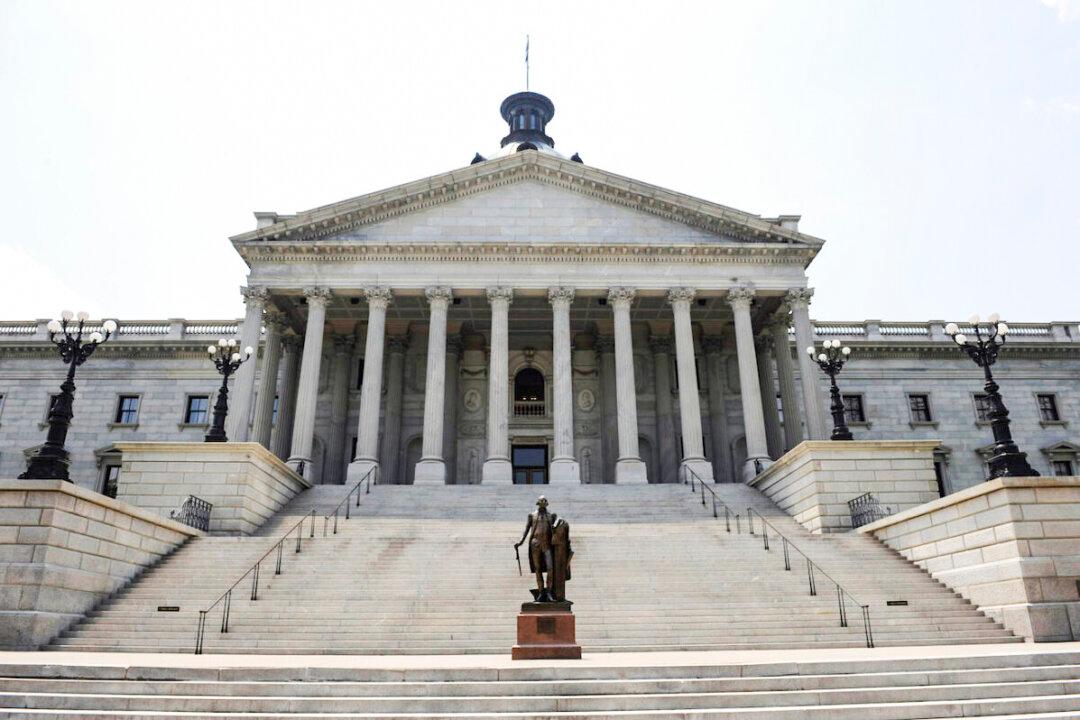The Republican-led South Carolina Senate on Tuesday gave final approval to one of the country’s strictest abortion bans after a fetal heartbeat is detected at six weeks.
The House-amended bill, which reduces the current 22-week abortion ban, is now awaiting the signature of Gov. Henry McMaster, a Republican. The House passed the bill last week.





